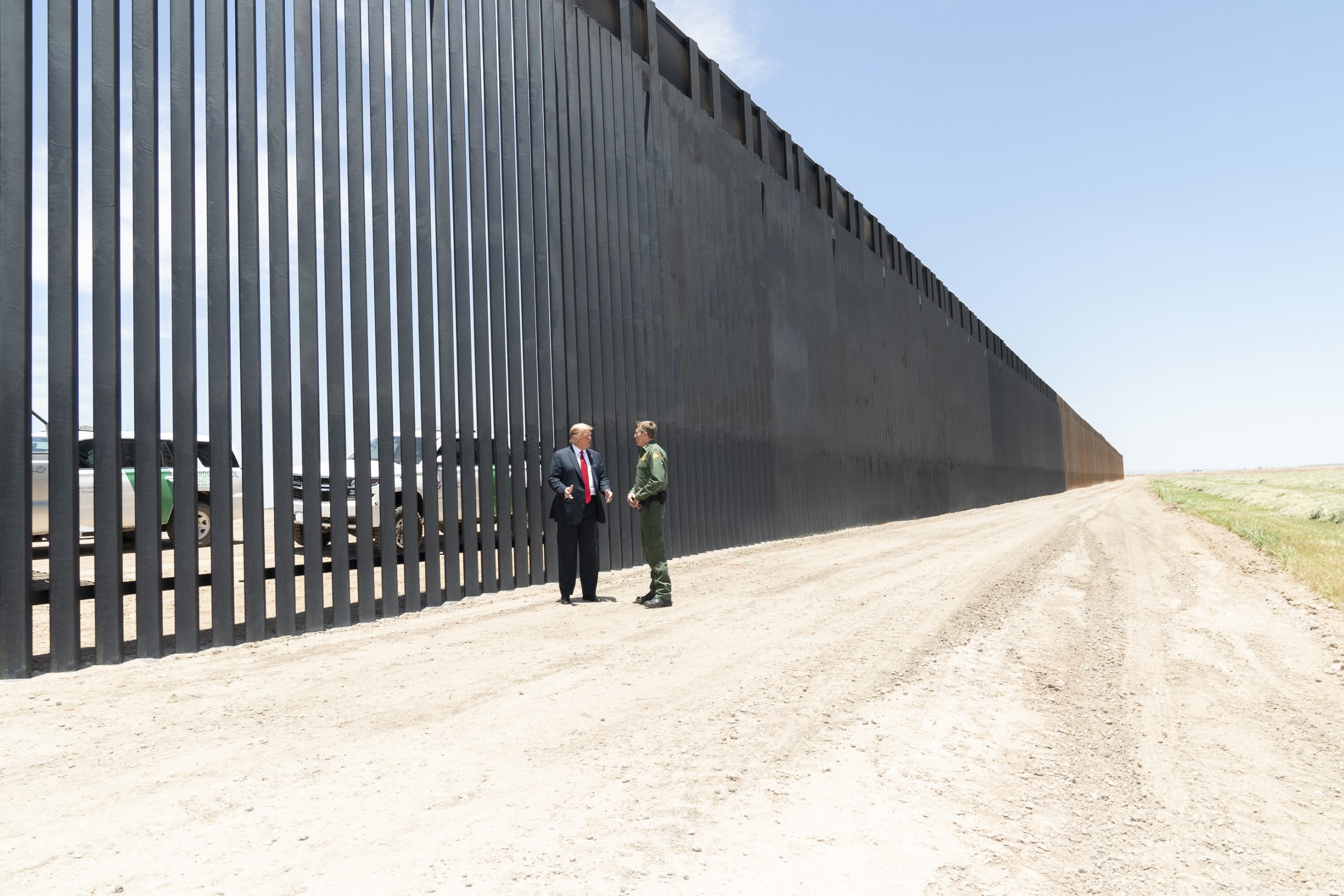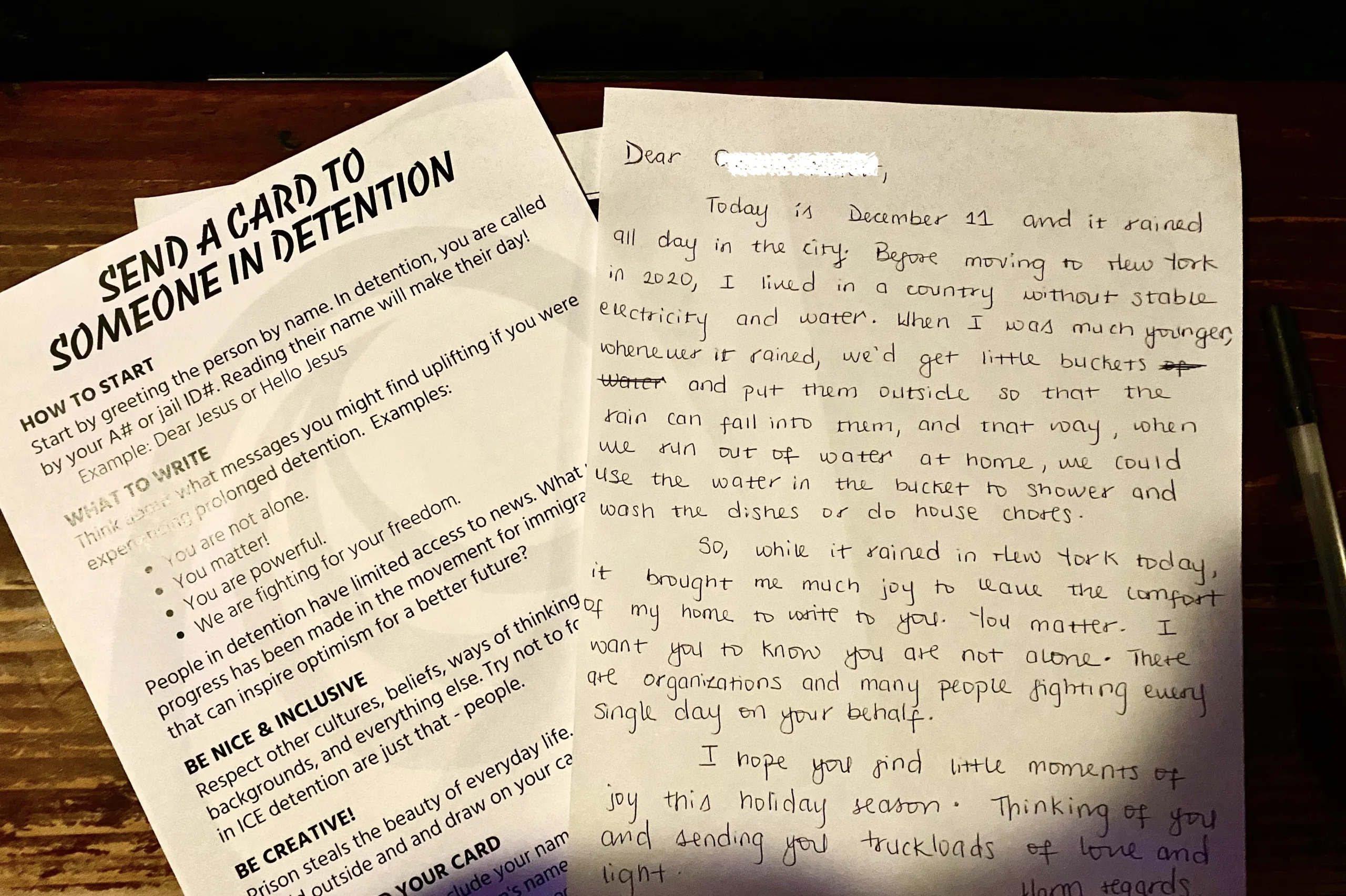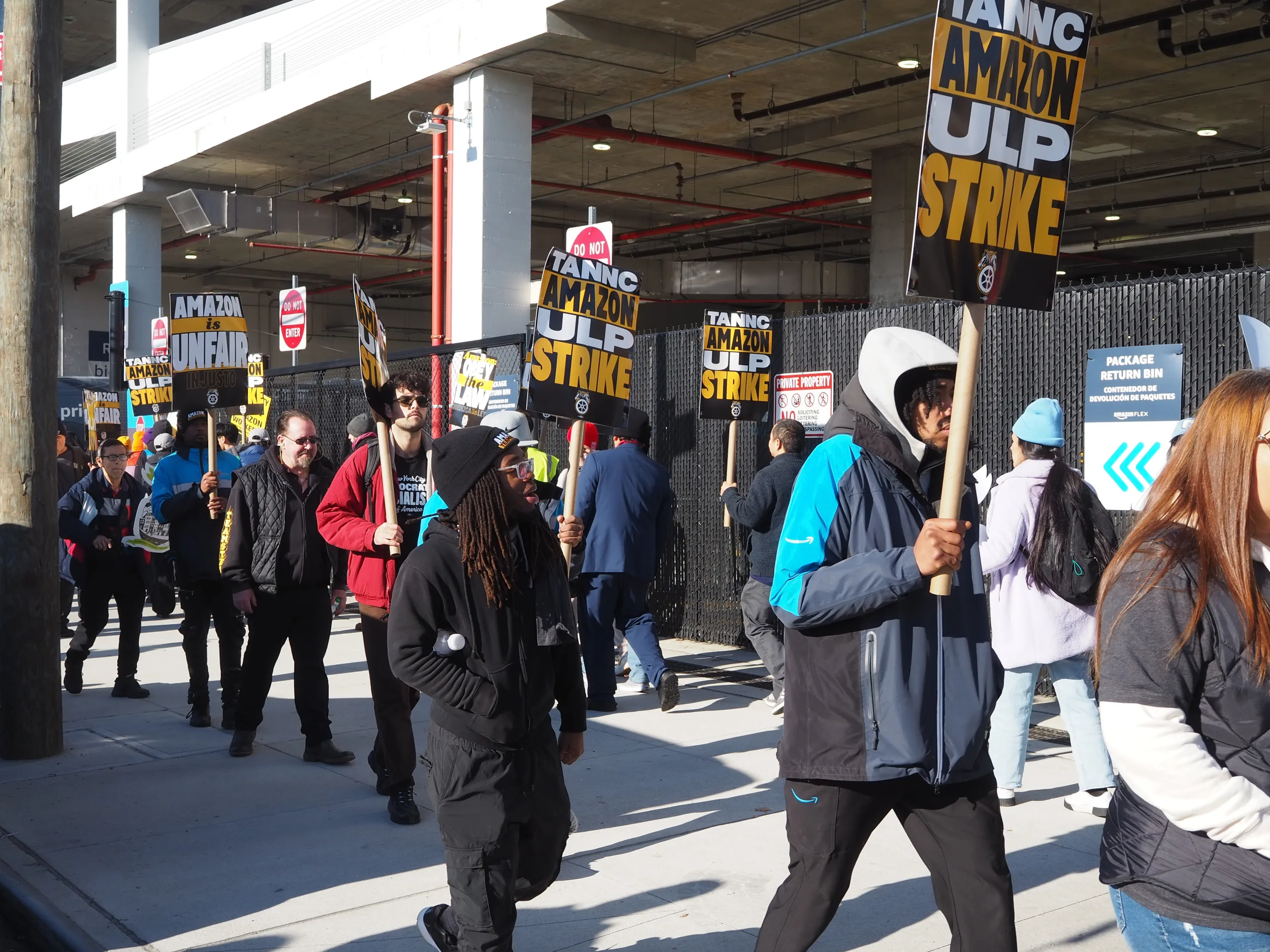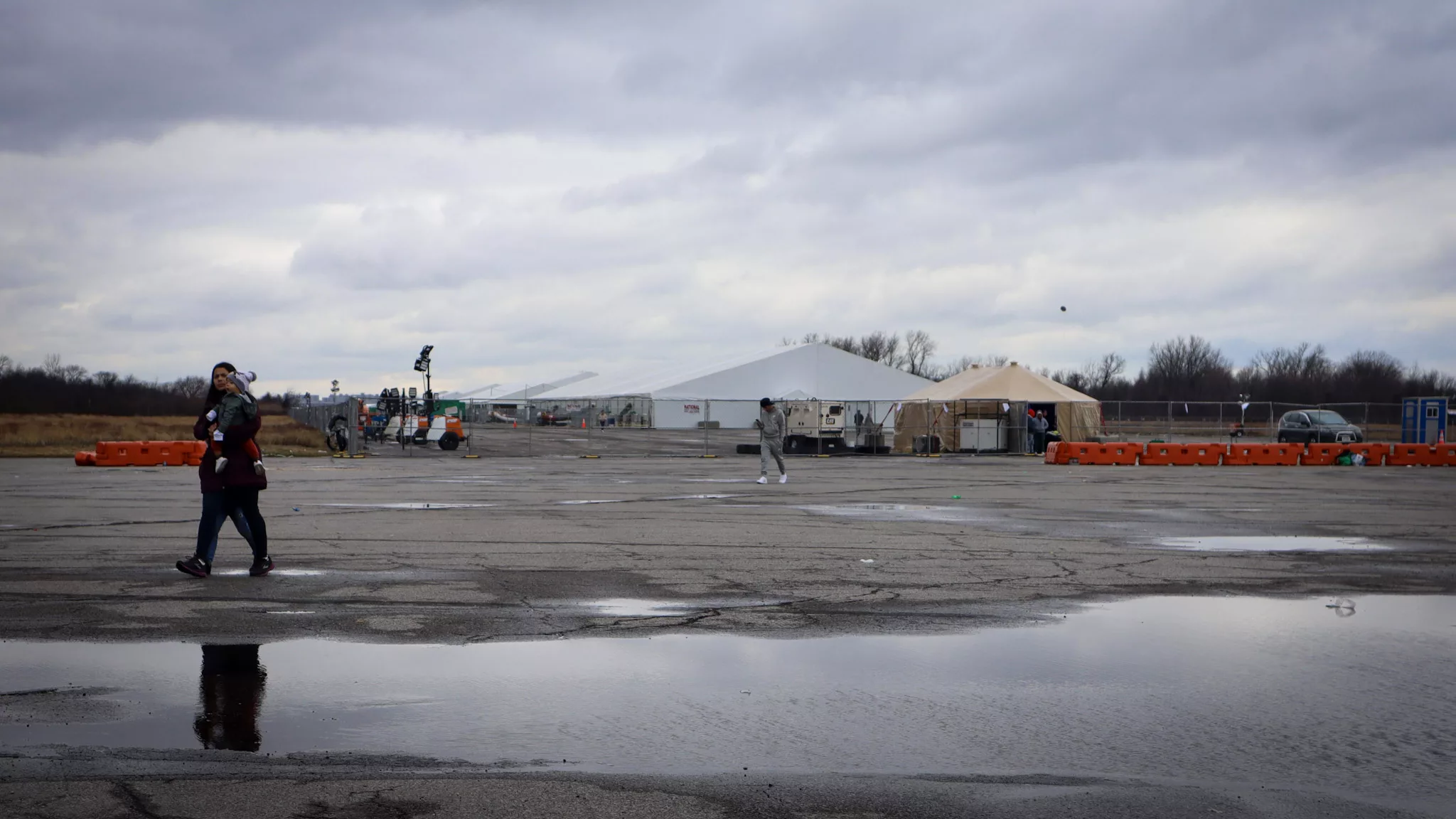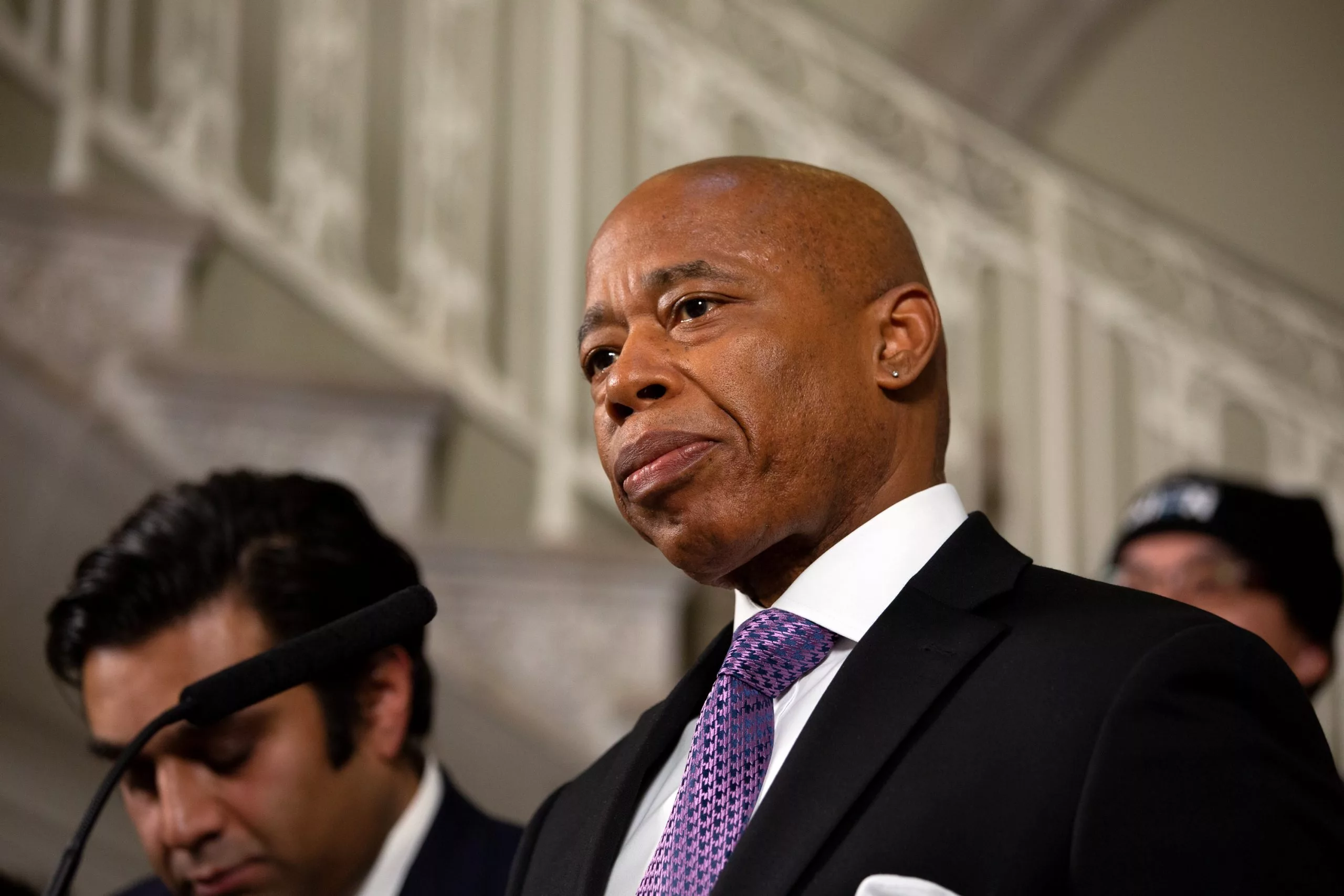After a six-year legal battle, on Thursday, the Supreme Court unanimously ruled that three immigrant Muslim men, who claimed that they were placed on a no-fly list for refusing to serve as government informants, can sue federal agents for financial and personal damages.
The case opens the doors for others to sue federal officials who violate the 1993 Religious Freedom Restoration Act, which prohibits the federal government from encumbering an individual’s right to exercise their religion. It’s also a major victory for Muslim rights activists, as the decision deals a blow to the FBI’s ability to strong-arm Muslim men and women into becoming informants.
“I think it’s a great decision that we are restoring the faith and redress as a country when the government does go overboard in terms of its’ national security policies,” said Salam Al-Marayati, President and Co-Founder of Muslim Public Affairs Council, a nonprofit aimed at improving policies that impact Muslim Americans. “We can not overthrow liberties in the name of national security.”
Also Read: How ICE Controls Journalists’ Access to the Immigration Courts
A difficult choice
The case, Tanzin v. Tanvir, dates back to 2014 when the three Muslim men plaintiffs – Muhammad Tanvir, Jameel Algibhah and Naveed Shinwari – accused the FBI of placing them on the federal no-fly list in retaliation for refusing to become informants and spy on their communities, despite not being suspected of illegal activity.
Tanvir was a long haul trucker who lived in Queens and would regularly fly home after completing deliveries. He was turned away from a flight in October 2010 when two FBI agents drove him to a bus station. He was not allowed to fly on three occasions after then, when he was attempting to visit his mother in Pakistan. The FBI agents told him they would get him off the list if he cooperated.
The two other muslim men had similar stories, according to the lawsuit. As informants, all three men would have been required to go out on “fishing expeditions” by covertly spying in mosques, which the plaintiffs argue would have obstructed their ability to worship freely.
According to Naz Ahmad, Senior Staff Attorney at CUNY Clear and one of the lead attorneys on the case, by placing the plaintiffs on the no-fly list, the government severely hampered their ability to earn a living or see their family without due process.
“They lost job opportunities, one of them had to give up a job. They missed seeing loved ones, especially loved ones overseas experiencing illness. So because of the harms, we sought monetary damages.”
Also Read: A Family Trip Turned Into an Immigration Nightmare
Background
Since 9/11, terrorism investigations have doubled and terrorism convictions have quadrupled. It is estimated that the U.S. has spent at least $2.8 trillion in counter-terrorism. According to the ACLU, the NYPD established an extensive surveillance network throughout Muslim communities in New York City. They also tracked every mosque within 100 miles of New York. The use and recruitment of informants, in particular, appears to be a widespread practice.
“It is common that the FBI seeks to recruit people as informants, very often when they have some kind of vulnerability like some sort of immigration or financial situation,” said Ahmad.“The FBI frames their approach as just wanting to get to know the community but in essence, it’s asking people to provide information.”
A 2015 study by the Journal of Criminal Law & Criminology found that among 580 post-9/11 terrorism prosecutions, 55% involved an informant or undercover agent in some capacity. The study also found that the “results strongly suggest that relatively egregious informant practices are not confined to a small number of cases, but are rather widespread, accounting for a significant proportion of cases.” Data also shows that in many of these would be terror plots, law enforcement overwhelming targets mentally ill, socially isolated young men.
Salam Al-Marayati believes that the amount of surveillance and entrapment cases directed towards Muslims are unprecedented but hopes that the court’s decisions are a step in the right direction.
“The way they have been using Muslim men as informants, there is no comparison. It is using people to spy on their own communities. I hope this case is a signal that the Supreme Court will force the government to correct itself in terms of the transgression against Muslim communities.”
Also Read: How Trump’s War on Sanctuary Cities Affected Immigrants
Initially, the Obama administration attempted to avoid a legal battle by removing the plaintiffs from the no-fly list just five days before the case first went to court, but the plaintiffs refused to drop the suit. Although the Appellate Court ruled in favor of the plaintiff’s desire to sue the FBI, the government appealed the decision to the Supreme Court. In an 8-0 the decision, the court upheld the lower court’s ruling.
“We first have to determine if injured parties can sue Government officials in their personal capacities,” wrote Justice Clarence Thomas in the majority opinion. “RFRA’s text provides a clear answer.”
For Naz Ahmad, although the ruling will definitely give Muslims targeted by the FBI greater legal flexibility, it would also echo far beyond the confines of Muslim communities.
“I think this an important ruling, insofar as it really opens the door to seek monetary harms that they might suffer when they experience this kind of targeting that burdens their practice of religion,” she said. “Yet it’s not just a victory for Muslim communities but a victory for all religious communities.”



